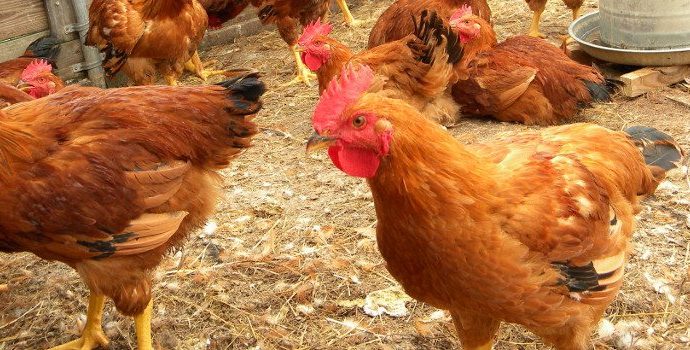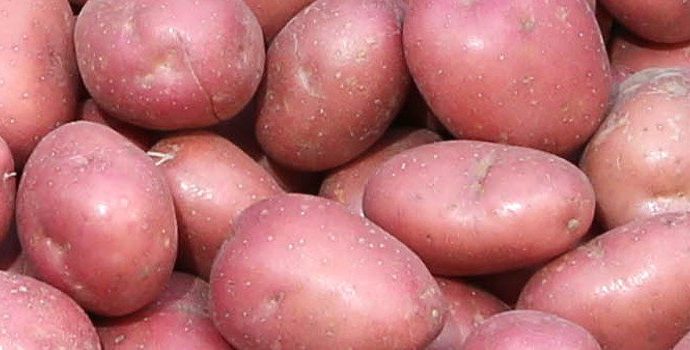IFA Highlights Need for Finance Bill Measures to Reflect Reality of Farming Structure in Ireland

IFA Farm Business Chairman Tom Doyle has said that a number of agri-taxation measures contained in the Finance Bill must be changed to reflect the reality of Irish farming, in which many genuine active farmers work both on and off-farm.
Mr Doyle said, “The outcome of the agri-taxation review and proposals announced in Budget 2015 was, overall, positive for the agriculture sector. One the key recommendations made was that Agricultural Relief would be retained where the transferee is an active farmer, or where an individual leases out their farmland long term to an active farmer. However, the proposed definition contained in the Finance Bill that an active farmer must spend not less than 50% of their working time farming is unrealistic and not workable”.
He continued, “It is critically important that a definition is agreed which ensures that the relief goes to farmers, but which does not exclude a genuine part-time farmer with a full-time off-farm job, of which there are many in Ireland. According to the latest Teagasc National Farm Survey, almost 30% of our farmers have an off-farm source of employment. This varies between the different farm enterprise types, and reflects the realities of farm structure and market returns in these sectors. It is not a reflection of the farmer’s commitment to farming or their level of activity. As an example, over 43% of Cattle Rearing (suckler) farmers have an off-farm source of employment.
IFA has already brought this issue to the attention of the Department of Agriculture and we will be working over the coming weeks to have the proposed definition changed. The relief should be retained where someone is undertaking the trade of farming, with a more realistic measurement of the time commitment that is given to farming”.
Mr Doyle continued, “The retention of Stamp Duty Consanguinity Relief to end 2017 will encourage lifetime farm transfers between family members. However, the proposal to ring-fence this to transfers where the transferor is aged 65 or under, and to introduce this measure from 1st January 2015, is too sudden. IFA believes that a better option would be to retain the relief for all intra-family transfers for a defined time-period (similar to that proposed for the changes to CGT Retirement Relief for conacre lettings) and thereafter the relief is retained for transferors who have reached state pension age (currently 66). This would incentivise farmers who are aged over 66 to transfer their farm in the next two years, thereby availing of the reduced stamp duty rate of 1%”.
He said, “IFA will also be proposing a further adjustment to CGT Restructuring relief, which would allow an individual to consolidate their farm within six years of taking ownership. Currently this would incur a Capital Gains Tax charge, if the parent had availed of CGT Retirement Relief when the farm was transferred. Opportunities to consolidate a farm come about very seldom and the younger farmer must not be prevented from improving the overall structure and efficiency of their farm simply because it is within six years of their taking over the farm”.
Mr Doyle concluded, “The Finance Bill puts into legislation the taxation measures announced in the budget, including the proposals to enhance long-term leasing and extend income averaging. It is critical that the measures outlined are correctly defined, to ensure that the reliefs are targeted at genuine farmers, and which will encourage the achievement of key policy objectives such as lifetime transfers, and farm restructuring”.




